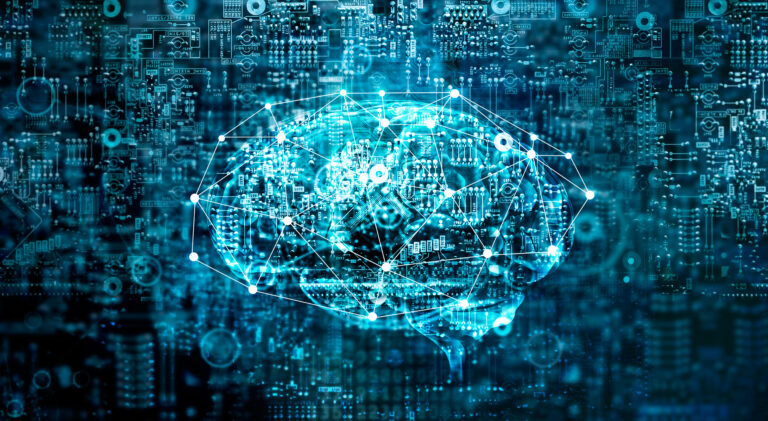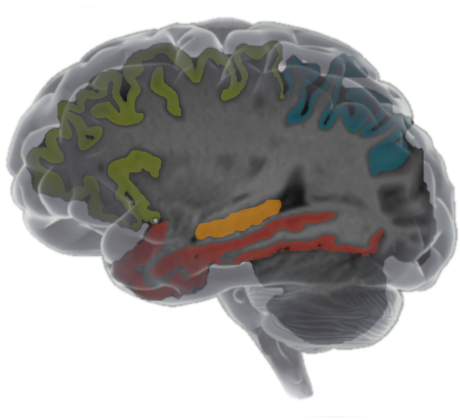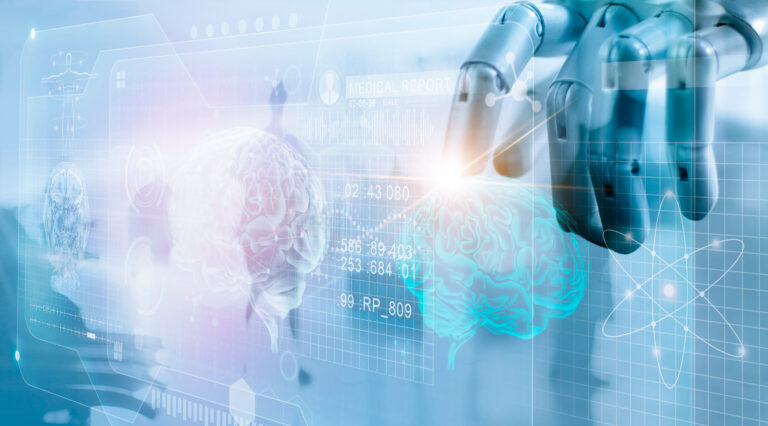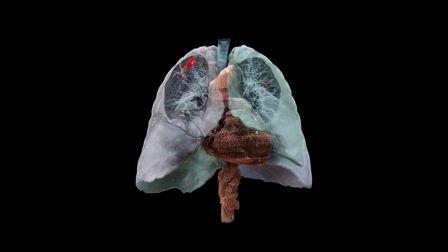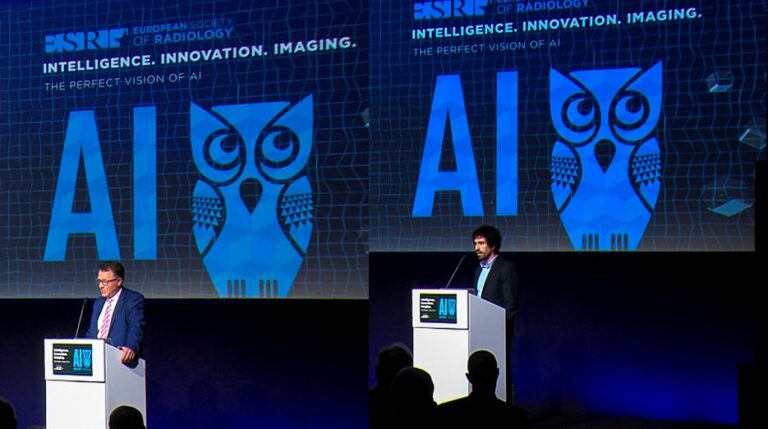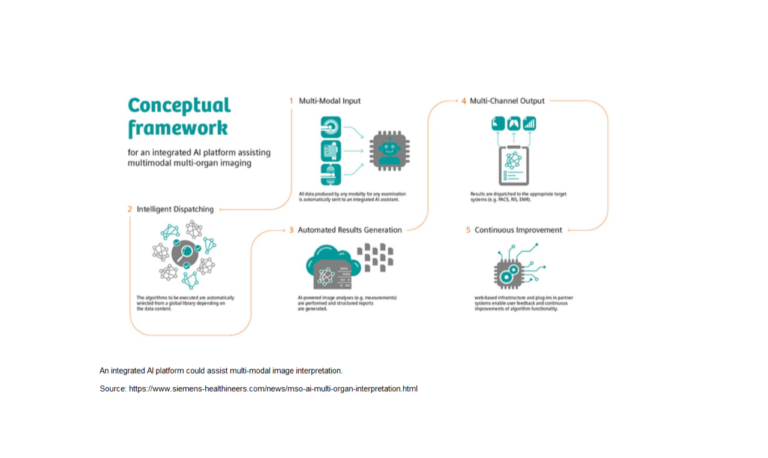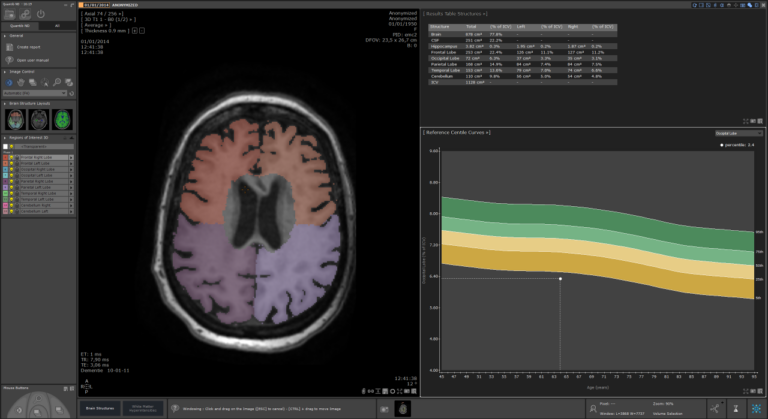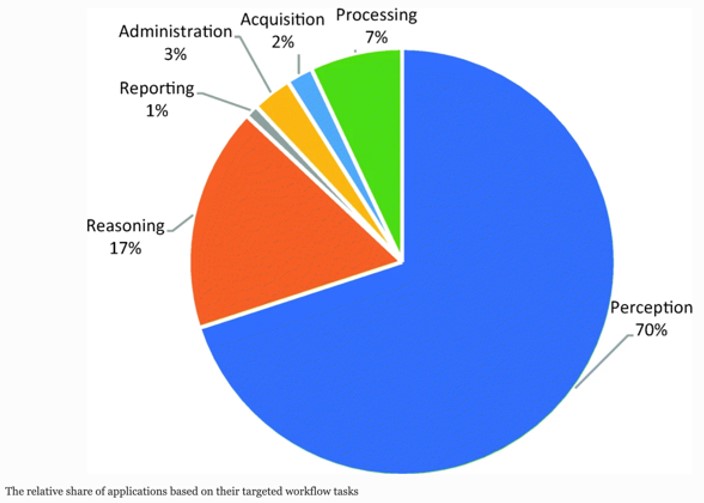
Applications of artificial intelligence (AI) in diagnostic radiology: a technography study
Although a lot of developments are made in the area of artificial intelligence (AI) in radiology and the number of publications is ever-increasing, the adoption in clinical practice still seems to lag behind and is limited to a small number of tools. To analyze this situation, we conducted a so-called technographic study. In this study, we identified 269 AI applications










